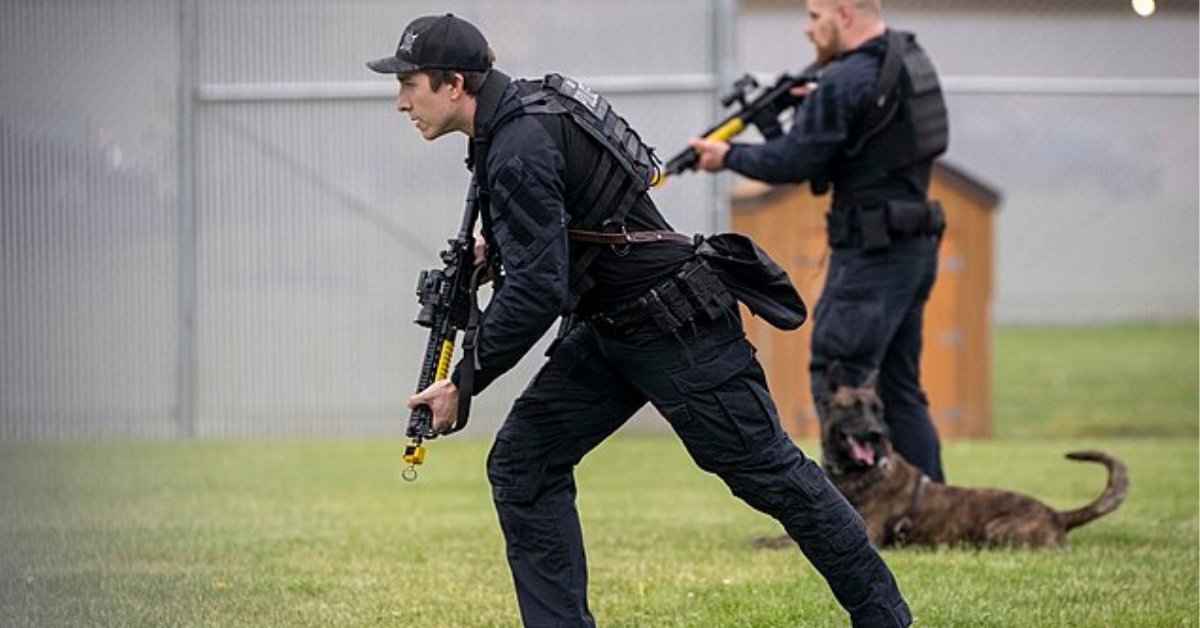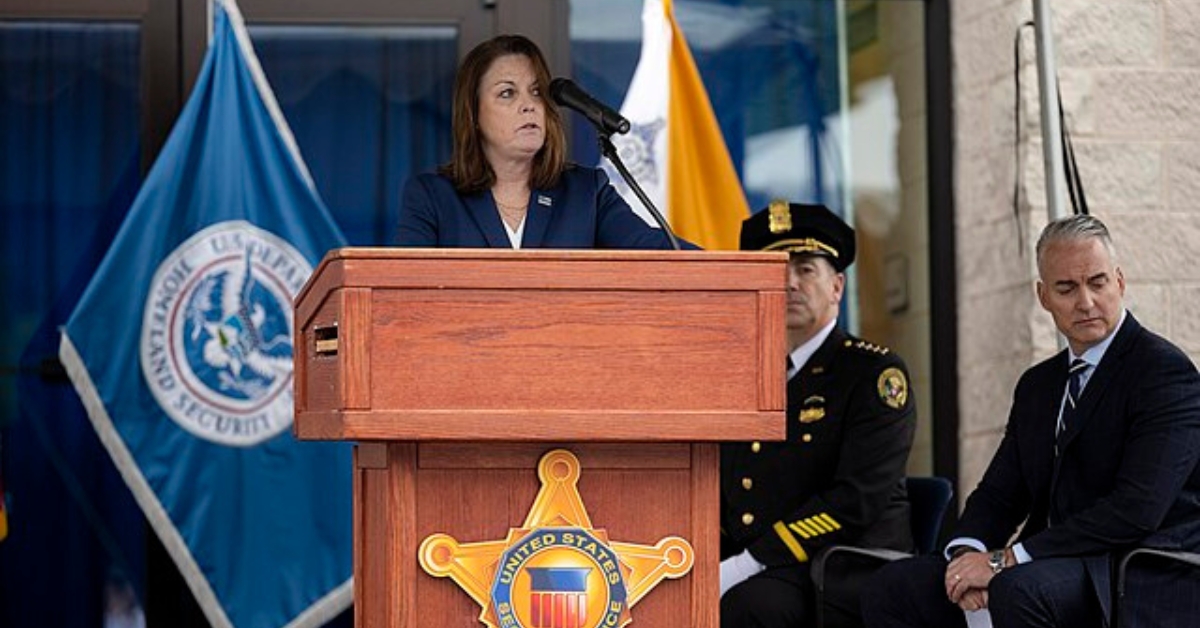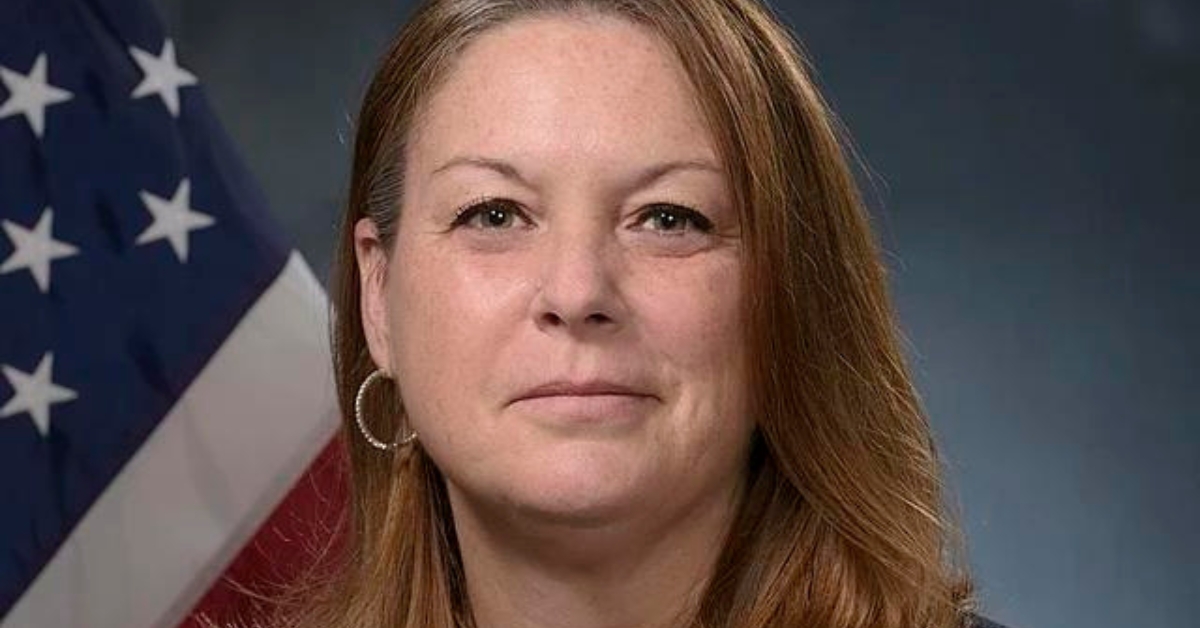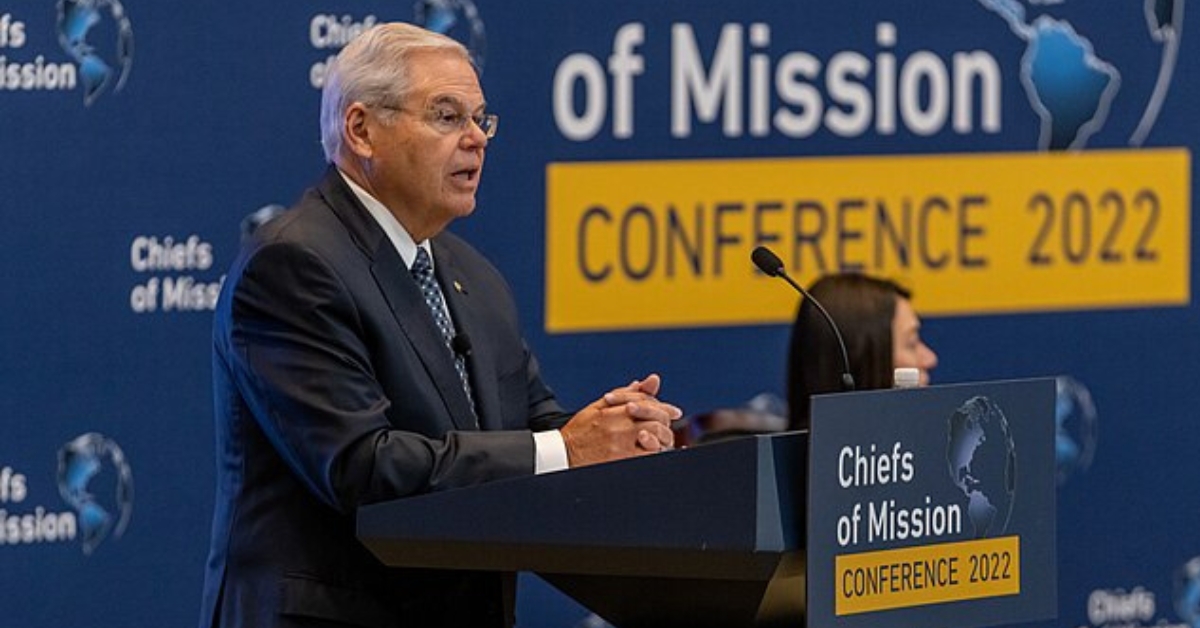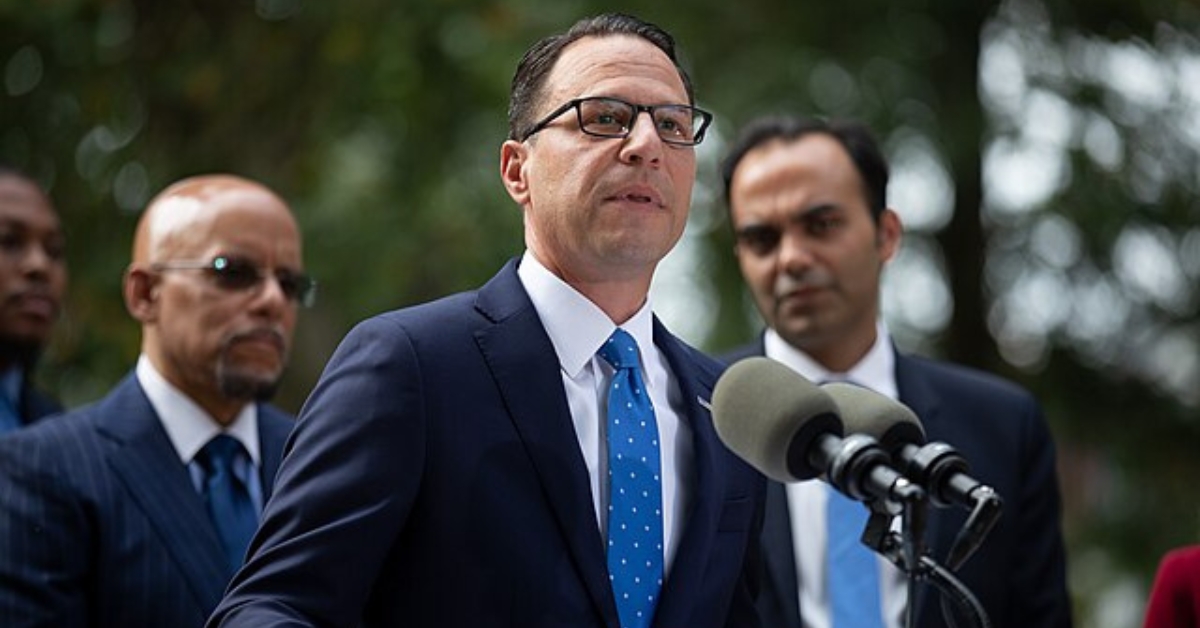
Evidence Contradicts Hunter Biden’s Claims
Hunter Biden’s recent testimony before the joint House Oversight and Judiciary Committees has become a focal point for controversy and disbelief, particularly within conservative circles. In a session marked by repeated assertions of honesty under oath, Hunter Biden’s attempts to distance his business dealings from his father, President Joe Biden, have only deepened suspicions of impropriety. The testimony, riddled with implausible denials and attempts to deflect, underscores a troubling pattern of evasion and obfuscation that merits closer scrutiny.
Central to Hunter Biden’s defense is the claim that accusations of Biden family corruption are the product of a MAGA-driven conspiracy. Despite his insistence, the evidence tells a different story. Bank records and the testimony of individuals with close ties to the Biden family suggest a complex web of financial transactions that followed in the wake of Joe Biden’s vice-presidential tenure. These transactions, involving substantial sums from foreign entities, raise legitimate questions about the integrity of Hunter Biden’s business ventures and the potential involvement of his father.
Hunter Biden’s narrative further strains credulity with his recounting of a text message sent to Raymond Zhao, a figure linked to the Chinese energy conglomerate CEFC. In the message, Hunter Biden alludes to his father’s presence and expresses urgency in resolving a financial commitment. Hunter’s explanation—that he mistakenly sent this message to the wrong Zhao—rings hollow, especially given the subsequent $5 million transfer from CEFC, a company with deep ties to the Chinese Communist Party. This incident suggests an attempt to leverage his father’s influence, directly contradicting Hunter’s assertions of independence.
The testimony also revisits the controversy surrounding “the big guy,” a term that Hunter Biden denies was ever used to refer to his father. This denial conflicts with statements from Tony Bobulinski, a former business associate, who has explicitly linked the moniker to Joe Biden. The discrepancy between Hunter’s denial and the content of communications among Hunter’s business associates adds another layer of doubt to his testimony. Furthermore, his insistence that “my chairman” referred to Chairman Ye of CEFC and not Joe Biden, despite evidence to the contrary, is emblematic of Hunter’s reinterpretation of facts to suit his narrative.
Perhaps most telling is Hunter Biden’s dismissal of the laptop controversy as a conspiracy. His assertion that incriminating evidence might be fabricated do little to dispel concerns about the contents of the laptop and their implications for the Biden family.
In attempting to navigate these allegations, Hunter Biden’s testimony often veers into the realm of the absurd. Claims of misdirected texts and misattributed finances paint a picture of a man desperately trying to extricate himself and his father from a narrative of corruption. Yet, the more Hunter Biden speaks, the more the narrative solidifies, suggesting that the truth of the Biden family’s business dealings may indeed be as problematic as critics allege.
In the end, Hunter Biden’s testimony may have aimed to clarify and exonerate, but it has achieved the opposite. It has deepened suspicions and highlighted the need for further investigation into the Biden family’s business dealings, both domestic and abroad. As the saga unfolds, one thing becomes increasingly clear: the gap between Hunter Biden’s account and the available evidence is too wide to bridge with mere denials and deflections.
